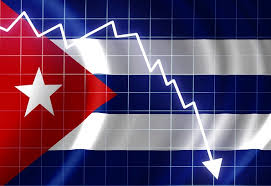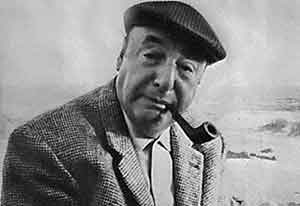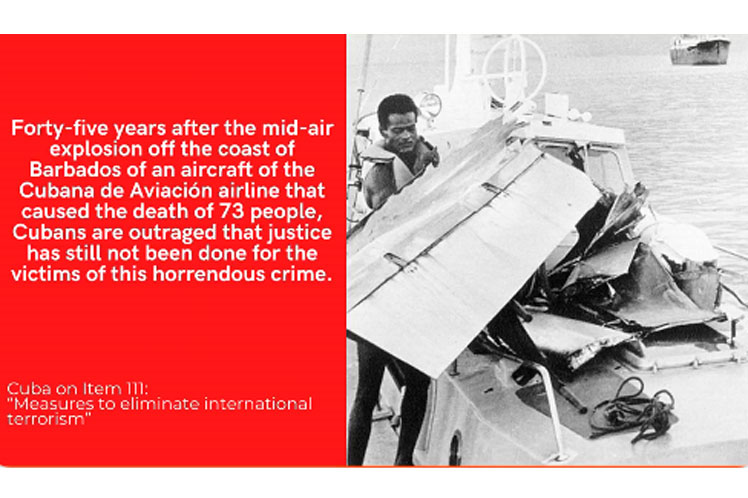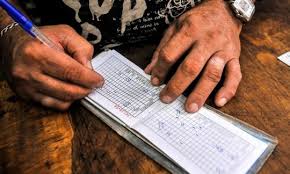
Cuban Economy in 2013
Despite the US economic blockade and the inefficiencies of the Cuban economic system, the island’s Gross Domestic Product grew 2.7 percent. However it was nearly one percent below the scheduled figure for 2013. This was due mainly to failing to meet production plans in the manufacturing industries, the construction sector and the shortfall of hard-currency in the tourist sector. This latter did not receive an expected 3 million visitors, but saw a similar figure of 2 million 800 tourists vacationers like last year.
That the government has begun a process to unify the double currency. In his closing remarks at the second session of the Cuban parliament, December 21, president Raul Castro said that the process will first take place at state-owned entities, companies and cooperatives, to later be extended to the broad population. However this process– he said– will not solve all problems facing Cuban society, though it will decisively contribute to improving the performance of the economy and the development of a more egalitarian and even fairer socialist system.
Another important issue at the center of the government’s attention in 2013 was the work of the Comptroller’s Office aimed at fighting corruption. The office has begun to reaffirm discipline and order while gearing to more efficient economic activities.
As institutional order is being recovered, the country’s economic performance continues to evolve with an expected 2.2 percent economic growth in 2014 based on a more efficient use of available resources with the aim of increasing exports and replacing costly imports with local production.
Some strategic areas are expected to grow next year, such as the sugar industry and the livestock sector, tourism and domestic trade, biotechnological and pharmaceutical exports and medical services, currently being offered in dozens of countries.
Important in 2013 was the lifting of some restrictions, such as those on the purchase by nationals of vehicles. This terminated the permits previously issued by the Transport Ministry for these transactions.
The opening of the first Special Development Zone in Cuba, underway at Mariel harbor, west of Havana, is a strategic project. Cuba is in the middle of the Florida Straits, the Caribbean Sea and the Gulf of Mexico. This can continue to enhance trade and favors the setting up of production plants and services inthe zone, with attractive opportunities for foreign business.
In late January 2014, the first phase of the container terminal at the Special Development Zone will be opened by presidents Raul Castro and Dilma Rousseff, who will visit Havana to participate at the Summit of Heads of State and Government with the Community of Latin American and Caribbean States.
Opportunities similar to those being offered at the special zone will be included in a new Foreign Investment Law, currently in the works and will be submitted to the Cuban Parliament for approval in March 2014.
The emerging private initiative grew in 2013, as the number of non-agricultural cooperatives grew to 270, while 445,000 Cubans joined the self-employd sector.
Agriculture has received important support by different kinds of cooperatives, while a the setting up of new wholesale markets took place in three different provinces.
This year, in thousands of meetings at their work centers, Cuban workers analyzed a new labor code, which was approved in December by the Cuban Parliament. Workers also debated the main document of their 20th Congress to take place in February.
In all workers’ assemblies held in 2012 as a process prior to their congress, participants discussed current low salaries in state companies, which are lower than the pay private and cooperative workers get for their services. Workers that are concerned with low salaries include teachers, professors, doctors, researchers and many other professionals.
Thus far, the state guarantees all Cubans a job, a home and food. The low salaries are to some extent compensated with highly subsidized and free-of-charge services, such as health and education. However the prices of products selling in supply-and-demand markets or at hard-currency shops are not easily affordable for most Cuban workers.
The country expects to achieve more stable prices for foodstuffs and other products next year, and also an increase in salaries, first in priority economic sectors that generate exports.
In 2014, Cuba aspires to consolidate the implementation of the economic and social guidelines and see a modest 2.2 percent economic growth. This is the right path, backed by the Cuban people in their efforts to see the improvement of the country and their standard of living, which is far better than neo-liberal policies, that have plunged millions of women and men into poverty.
I Cuba there is no room for failed adjustment packages that lead large majorities into destitution, because we will never accept shock therapies, said Cuban president Raul Castro in his speech at the Parliament. The President reiterated that nobody in Cuba will be on his or her own, which principle is at at the center of the policy constantly and faithfully implemented across the years by the socialist revolution.




